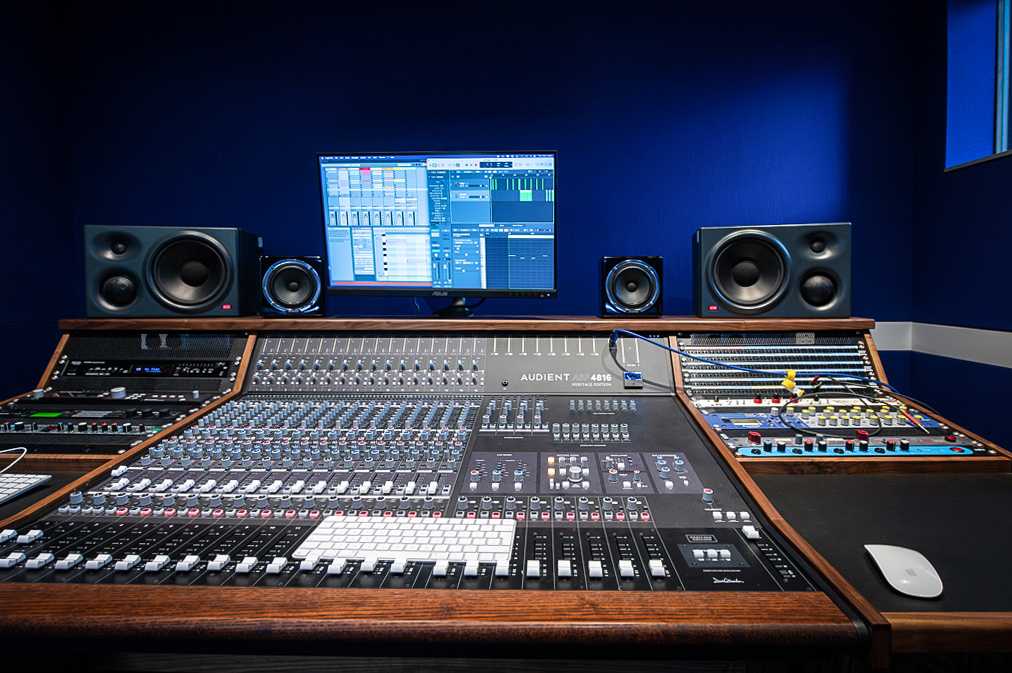LIPA installs Audient into Foley studio
- Details

LIPA’s head of sound technology, Jon Thornton explains the educational facility’s history with Audient. “Our two entry level studios are both based around ASP8024-HE consoles. We’ve had ASP8024s in those rooms since the console was first released - we’re now on our third consecutive pair.
“Those rooms are used not only by our students studying sound technology, but also by music students taking a specialism in production. As a result, they can get incredibly busy at certain times of year, so we needed an overflow. So building the studio around the ASP4816-HE was an obvious choice.”
An in-line, fully analogue recording and mixing console, the Audient ASP4816-HE provides everything expected of a large format console but in a space-friendly format. “The control room space wasn’t really large enough to house another ASP8024, but the ASP4816 is so similar in layout and signal flow that students can be up to speed with it in no time.”
Most recently, this was home to the 5.1 post production studio, after the main post space was upgraded to Atmos. “Taking the monitoring back to stereo only, improving the acoustic treatment and equipping it with a subset of the same outboard in the main studios means that it can be used for overdubs and mixing during those extremely busy periods.”
Jon continues: “There was also clear demand from some students for a facility where they really explore synthesis and sound design beyond software synths. So the control room is now synth heaven, with a range of analogue and digital hardware synths from Sequential, Moog, Korg and Roland and all of the associated MIDI control and patching.
“We’ve been including Foley work in the curriculum for decades, trying to give students a very broad experience of post-production workflows. Indeed some have gone on to forge very successful careers as Foley recordists and editors for feature films, episodic television and computer games.”
Overall, he’s delighted with the new room, which has housed quite a few different setups over the years since it opened in 1996 - “including Kenny Everett’s home studio at one point!”














